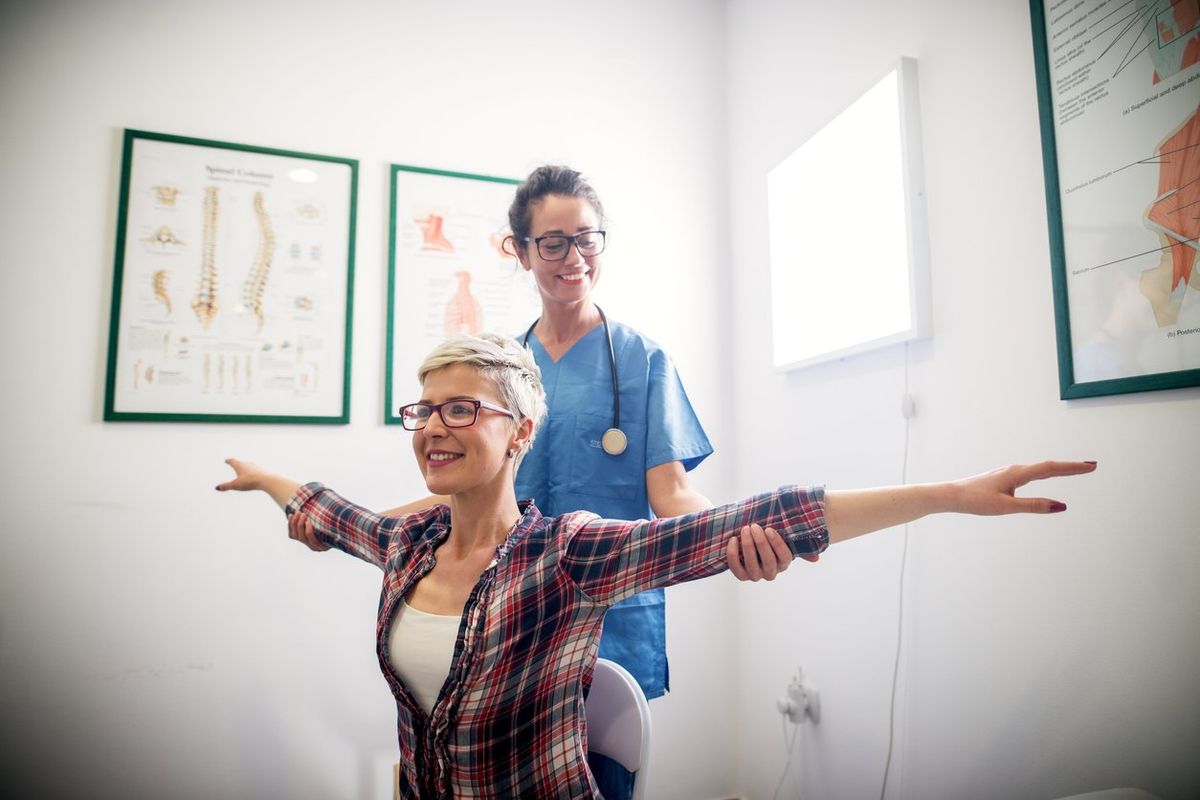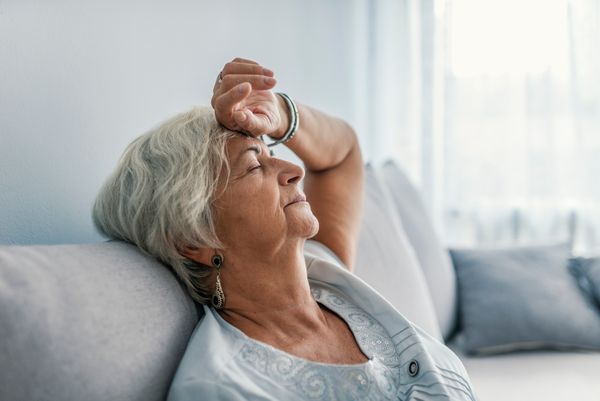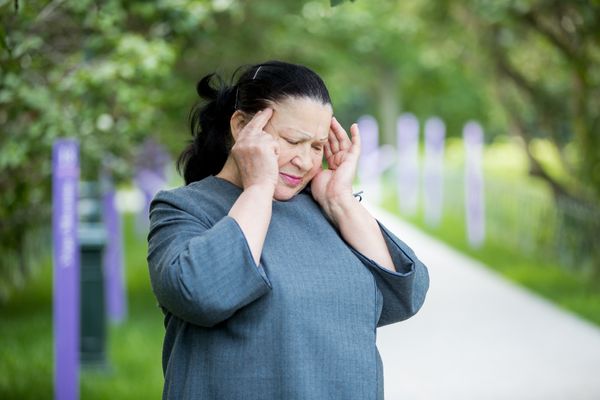Q:
My 52-year-old sister recently had a stroke. I'm helping her family find a good rehabilitation center for her. How can we evaluate a program to best meet her recovery needs?
A:
The effects of a stroke will vary depending on the part of the brain and the amount of brain tissue involved, but the most common long-term effects include altered speech and communication skills, loss of balance, weakness of the extremities or paralysis, difficulty swallowing, vision and memory loss and depression.
Victims of stroke can require extensive rehabilitation. Such rehabilitation will begin during their hospital stay. The duration of rehabilitation and its degree of success will depend on many factors including the seriousness of the stroke, the patient's age and previous health, and the patient and family’s motivation and willingness to work for a positive outcome.
Depending on a patient's needs, rehabilitation can take place in an acute care and rehabilitation hospital, in a long-term care facility, at home (with assistance provided through a home health agency) and/or at an outpatient facility. Talk to your doctor about the best approach for your situation, and look for a care facility that is accredited by the Commission on the Accreditation of Rehabilitation Facilities (CARF).
The most effective rehabilitation programs involve a multidisciplinary approach, incorporating physical therapy, occupational therapy and speech therapy, along with optimal medical care, in a calming environment, all coordinated by a physician with expertise in neurorehabilitation. The ultimate goal is for individuals who have suffered a stroke to achieve the greatest degree of independence in the least restrictive environment possible. Time will be spent developing self-care skills such as feeding, grooming, bathing and dressing; mobility skills including walking or self-propelling a wheelchair; speech and language skills; memory or problem-solving skills; and skills necessary for social interaction.
Family members play a critical role in recovery. They can encourage attendance in outpatient therapy and give health care providers valuable feedback about progress. They also serve as a barometer of the patient's mood, assessing whether the patient is becoming withdrawn or depressed. Ongoing encouragement from both family and health care providers can play a key role in any successful rehabilitation process.
Both patients and caregivers can also benefit from participating in a stroke support group, which allows members to share feelings, ideas and resources with others whose lives have been affected by stroke. The American Stroke Association Web site (www.strokeassociation.org) can help you find a support group.







